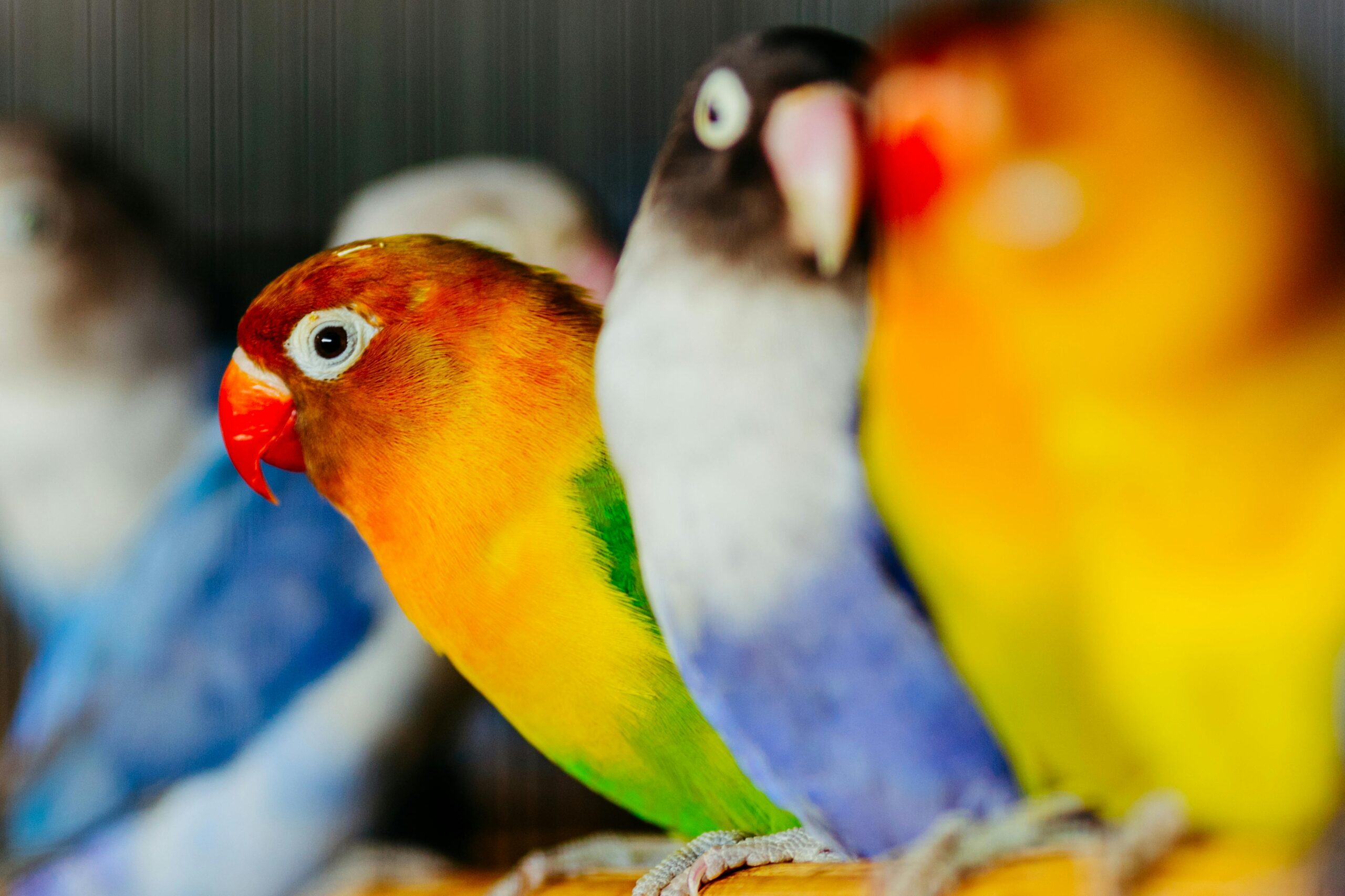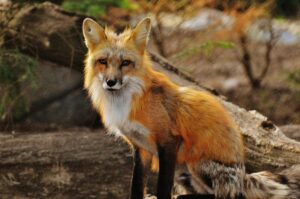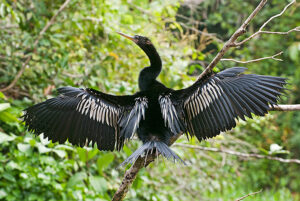Lovebirds are a small species of parrot that are native to Africa. They are known for their bright, vibrant colors and playful personalities, and they are popular as pets around the world. Lovebirds are social birds and typically form strong pair bonds in
the wild. They are active and energetic and require plenty of physical and mental stimulation to stay happy and healthy.
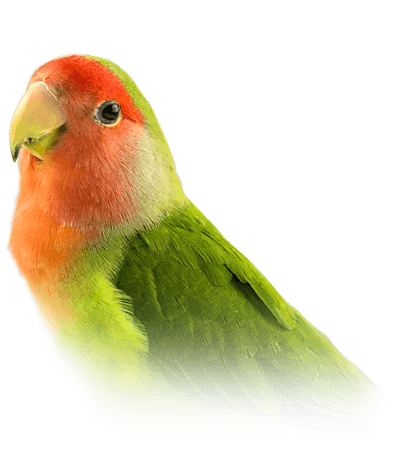
To care for lovebirds, they need a spacious cage, a balanced diet that includes seeds, fruits, vegetables, and fortified pellets, daily exercise and playtime outside of their cage, appropriate perches, and mental stimulation through toys, puzzles, and interactive games. Regular veterinary check-ups are also important to ensure their health. Lovebirds are also social creatures and enjoy bonding and interaction with their owners.
It is important to research and understand the specific needs and requirements of lovebirds before getting one as a pet, as they require a significant amount of care and attention to thrive in a captive environment.
𝐋𝐨𝐯𝐞𝐛𝐢𝐫𝐝𝐬 𝐎𝐫𝐝𝐢𝐧𝐚𝐫𝐢𝐥𝐲 𝐃𝐨𝐧'𝐭 𝐓𝐚𝐥𝐤
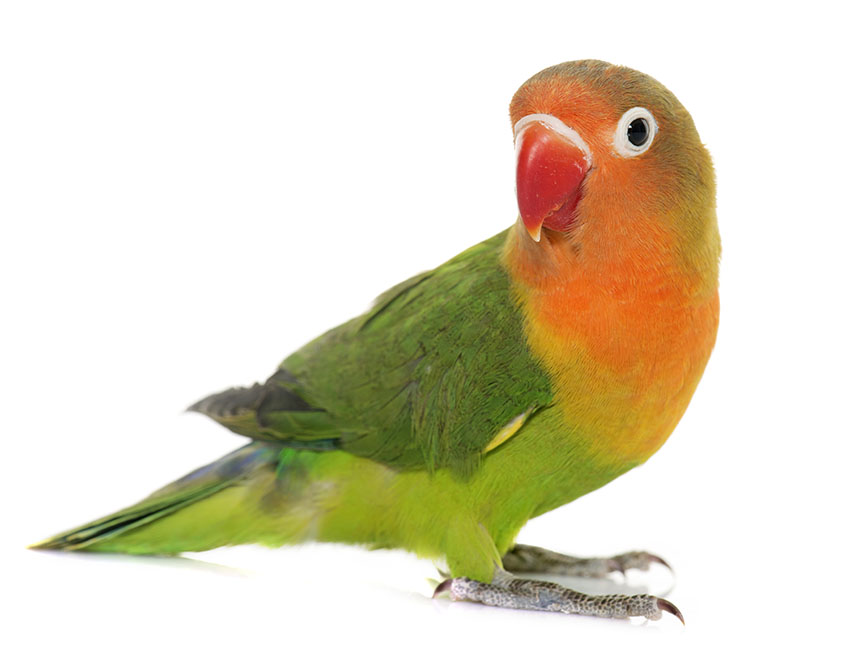
Lovebirds are a species of parrot and while they are known for their affectionate behavior and strong pair bonds, they do not have the ability to talk like some other parrot species, for example, African grey parrots or Amazon parrots.. Lovebirds can, however, make a variety of
chirps, trills, and other sounds to communicate with their mates and express different emotions.
There Are A few Sorts of Lovebirds
There are several different species of lovebirds, including the Peach-faced Lovebird, the Masked Lovebird, the Fischer’s Lovebird, the Nyasa Lovebird, the Black-cheeked Lovebird, and others. Each species has its own unique physical characteristics and behaviors, although they are all known for their small size, bright colors, and strong pair bonds.
Lovebirds Are One of the Littlest Parrot Species
lovebirds are one of the smallest species of parrots and typically measure about 13-17 cm in length, making them a popular choice for those looking for a smaller pet bird. Despite their small size, lovebirds are known for their playful and energetic personalities and they can make affectionate and entertaining pets when they receive proper care and attention.
Lovebirds Are Not Generally Best Kept in Pairs
It is often recommended to keep lovebirds in pairs or small flocks, as they are social birds and they form strong pair bonds in the wild. However, keeping lovebirds in pairs can also lead to breeding behavior and aggression, especially if they are not provided with enough space and environmental stimulation. Some individual lovebirds can also be kept as pets and can form strong bonds

with their human caretakers, but they may still exhibit some behavioral issues if they do not receive enough social interaction and mental stimulation. Ultimately, the best living situation for a lovebird will depend on the specific needs and personality of the individual bird and the resources and commitment of the owner.
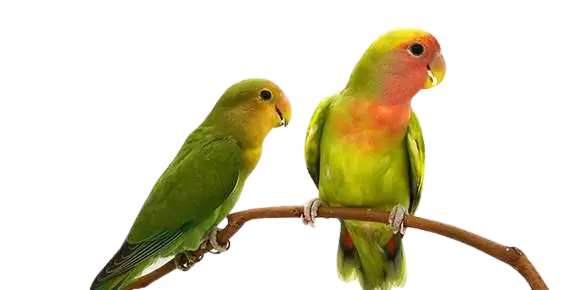
Lovebirds Are Very Active
lovebirds are known for their energetic and playful personalities and they require plenty of physical activity and environmental stimulation to maintain their health and well-being. Lovebirds are very active birds and they need plenty of opportunities to climb, perch, and play throughout the day. They also enjoy toys and interactive activities that challenge their minds and provide them with mental stimulation. Lovebirds need a large enough cage or aviary to accommodate their energetic behavior, and they should also be allowed out of their cage for daily exercise and play. Proper care and attention can help ensure that pet lovebirds lead happy and healthy lives.
Lovebird Origin and Natural Habitat
Lovebirds are native to Africa, specifically the countries of Kenya, Tanzania, and Mozambique. They are found in a variety of habitats, including grasslands, savannas, and woodlands, where they feed on seeds, fruits, and vegetables. Lovebirds are known for their strong pair bonds and social behavior, and they often form flocks in the wild.
In recent years, lovebirds have also become popular pets around the world and are now bred in captivity in many countries. While captive-bred lovebirds can make great pets, it is important to remember that they still have instincts and needs from their wild ancestors and require proper care and attention to thrive in a captive environment.
Common Health Issues of Lovebirds
Lovebirds, like all pet birds, are susceptible to a variety of health issues. Some common health problems in lovebirds include:
- Feather picking and self-mutilation: This can be caused by a variety of factors, including boredom, stress, and nutritional deficiencies.
- Respiratory infections: Lovebirds are susceptible to respiratory infections, especially if they are housed in a drafty or damp environment.
- Fatty liver disease: Lovebirds are prone to obesity and fatty liver disease, which can occur when they are fed an inappropriate diet or do not receive enough physical activity.
- Egg-laying problems: Lovebirds can lay eggs even if there is no male present, and if they are allowed to lay too many eggs, they can develop egg-laying problems that can be life-threatening.
- Parasites: Lovebirds can be infected with parasites, such as mites and lice, which can cause skin irritation and other health problems.
It is important to have a veterinarian examine your lovebird regularly and to address any health issues promptly to ensure your bird stays healthy and happy.
Lovebird Care Tips
Here are some general tips for caring for lovebirds:
- Provide a spacious cage: Lovebirds are active birds and need a cage that is
large enough to accommodate their energy levels. The cage should have plenty of perches, toys, and other items to keep them entertained. - Offer a balanced diet: Lovebirds need a balanced diet that includes a mix of seeds, fruits, vegetables, and fortified pellets. Fresh water should be available at all times.
- Allow for daily exercise: Lovebirds need daily exercise and playtime outside of their cage. This helps to keep them physically and mentally stimulated.
- Provide appropriate perches: Lovebirds like to climb and perch, so be sure to provide a variety of perches of different sizes and textures.
- Offer mental stimulation: Lovebirds are intelligent birds and need plenty of mental stimulation to stay happy and healthy. Offer toys, puzzles, and
interactive games to keep them entertained. - Regular veterinary check-ups: Lovebirds should be examined by a veterinarian regularly to ensure they are healthy and to detect any potential health issues early on.
- Socialization: Lovebirds are social birds and enjoy interaction and bonding with their owners. Regular socialization can help to keep them happy and healthy.
By following these basic care tips, you can help ensure that your lovebird is healthy and happy.

